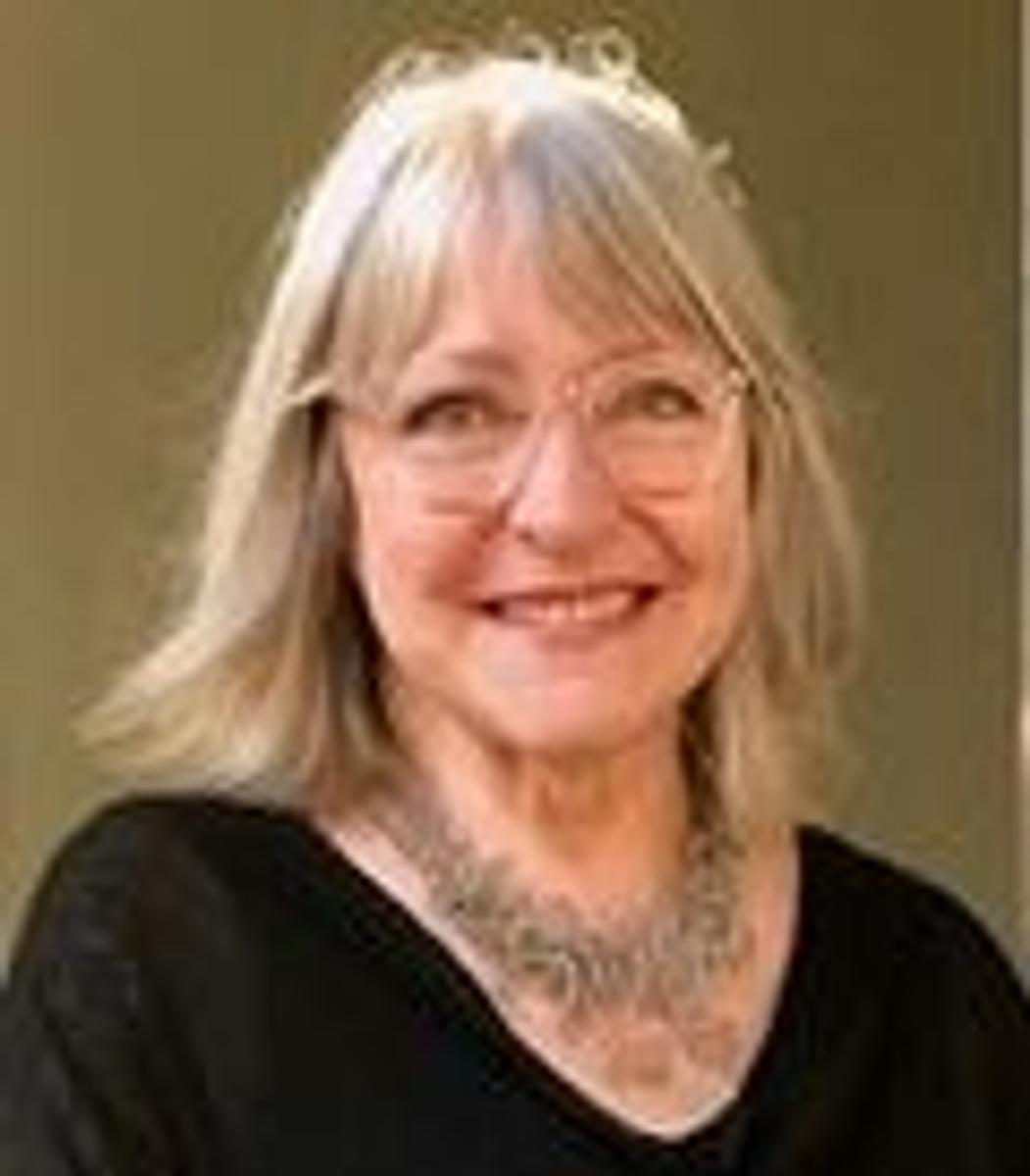From the Principal

From the Principal
Born in the 1970s, under its maiden name of TER, the ATAR was already approaching a vulnerable age when the global pandemic arrived. It may never recover…
Already we had seen the ATAR showing underlying health symptoms. Tertiary institutions and employers had begun to realise how limited it is as a method of knowing anything useful about students finishing thirteen years of schooling; what course they might be suited to and what skills they actually possess. In fact, the more we consider the ATAR, and the more sophisticated, varied and complex tertiary courses and employment patterns become, the more unfit for purpose the ATAR clearly is. After fifty years it is hardly surprising that it no longer serves its purpose of identifying suitability for the vast diversity of tertiary courses by applying an opaque, complicated, but ultimately simplistic, ranking system of 1 to 99.95.
We might just as usefully line students up in height order, or some other largely irrelevant sequence, do some shuffling with normal distributions, make some token gestures to gender differences, social inequities, etc and bundle our bemused graduates off to the various courses and career paths on offer – while bemoaning the fact that traditional patterns of privilege and inequity in the workforce persist.
Since the start of the pandemic, schools have been barraged with communications from tertiary institutions across Australia, outlining alternative entry opportunities. This has been due largely to the looming prospect the VCE exams, in the time of Covid-19, cannot possibly be seen as offering a fair go for all participants. Students quite simply have not all had access to the same material under the same conditions where their responses to the identical exam papers can be compared, standardised and ranked to produce the miracle of the ATAR. No one can even pretend this is a fair race this year.
At the same time we have a federally commissioned report, ‘Looking to the Future’, chaired by Professor Peter Shergold, recommending that schools need to refocus on building a learner profile ‘that reflects the skills and knowledge they have gathered over thirteen years of education instead of worrying about how to boost their ATAR.'
Hallelujah.
Without continuing to dwell on all that is wrong with the ATAR system, it is enormously encouraging to finally have such a thorough set of recommendations that reflect the actual needs of students. The report also points out that the current pandemic heightens the importance and urgency of making significant changes to the current system. It is comforting to know we are on the right side of this powerful wave of change.
From Preshil’s point of view, as a school that has wholeheartedly adopted the IB Middle Years and Diploma Programmes, it could not be more affirming.
The report goes on to suggest: ‘The proposed profile would include non-scholastic experience such as work, sport and volunteering alongside academic results and would reflect skills such as collaboration and problem solving.’ This is exactly what the IB Diploma Core elements of the CAS project, the Extended Essay and the TOK components all achieve. We don’t need to reinvent these.
The IB already collects a profile for each of our graduating students, offering a portal to tertiary institutions to see what each individual student has undertaken and achieved.
The other major strand of the report focuses on the need to ensure students had highly qualified career advisors who understand the labour market, the changing nature of job requirements and could facilitate partnerships with industries. "Overall, the quality of careers advice now provided at school is inadequate," said Professor Shergold.
Once again, at Preshil, we could not agree more or be more confident that our students are brilliantly supported by Bronte Howell, our very own highly-qualified, exceptional Careers Practitioner. Over the last several years Bronte has worked tirelessly to ensure that no student at Preshil is defined by their ATAR alone. She is consistently forging partnerships and pathways outside of the ATAR system for tertiary entrance, opening doors for our graduates and educating teachers, parents and students alike as to the possibilities and opportunities available.
A further potential victim of Covid-19 under intense scrutiny at the moment is the antiquated system of traditional end of year exams. The image of rows of students toiling away with pen and paper is only possible to think of in black and white, so old-fashioned is it as a way of genuinely assessing the skills needed in the contemporary and future society. The Head of the IB refers to the end of ‘heavy duty summative assessments’, and what a welcome development this will be.
We all look for the opportunities and the potential for a better world during this grim time. When we finally get to remove our masks there may well be many reasons to smile.


Marilyn Smith
Principal